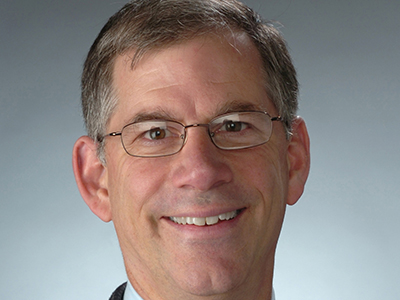Whitman School Online MBA Program Highly Ranked in 2024 Princeton Review
The Martin J. Whitman School of Management was prominently featured in The Princeton Review’s Top 50 Online MBA Programs for 2024, and the program is ranked No. 21 among the Top 50 schools. In 2023, Whitman’s online MBA program was…


